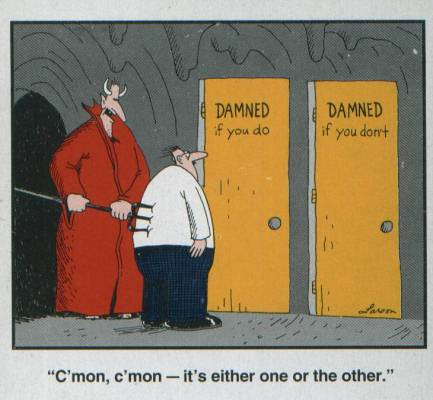
Atlas is an interesting character, but not one that gets a lot of excitement out of casual readers of Greek mythology. His seems like the most boring job around - getting to hold the planet on his shoulders is just a lot of standing around and balancing. That Winterson could interpret the myth in a way that excited interest shows how much the reader's relationship to the material matters. She could have just as easily connected with another myth, but for that time, and at that moment, being the writer and the person she was, she chose Atlas. There were several quotes I really liked, and included below:
"Autobiography is not important. Authenticity is important."
"Such a phenomenon [of wanting art so grounded in reality, it lacks imagination] points to a terror of the inner life, of the sublime, of the poetic, of the non-material, of the contemplative."
Unless it's a commercial hit or means big money, artistic efforts are negotiable. A lot of people would agree with cutting public spending on big art projects for public spaces, such as statuary, and "serious" subjects such as science and math are often given priority over music and art in public schools. Artists get little support, monetary or otherwise, and even less encouragement. Unless a signed document shows you have earned a living wage with your work, it's worthless to all but you. That is the risk, as well as compromise artists make when they pursue their work, be it writing, painting, or sculpting. My thoughts drifted more and more in this direction after reading Winterson's introduction, especially after the two quotes shown above - its a meaty subject to bat around.
Second, Angela Carter's short (short) story, "Ashputtle: or, The Mother's Ghost", was in the same area as her other adaptations of classical fairy-tales. It was creepy, visceral, and unusual. She describes Cinderella as a child "charred, a little bit charred, like a stick half-burned and picked off the fire." No mention of stepsisters or a father; the action occurs between Cinderella and a stepmother. The main character, though, is her mother's ghost. Beyond her death and the benevolence she shows as a good soul in heaven, the mother doesn't factor much in other Cinderella stories. Carter's story has the mother making sacrifices and suffering in her attempts to raise her child without a physical presence to offer protection or guidance. The ending is similar - Cinderella goes off with a guy at the end, when she's prettied up, and leaves the stepmother with her jaw, gaping, on the ground. After Carter's "The Bloody Chamber", her special re-telling of Puss-in-Boots, and her take on "Sleeping Beauty", this abbreviated, spare story took me by surprise. I expected a more sweeping story arch. This was refreshingly brief and eccentric.
No comments:
Post a Comment